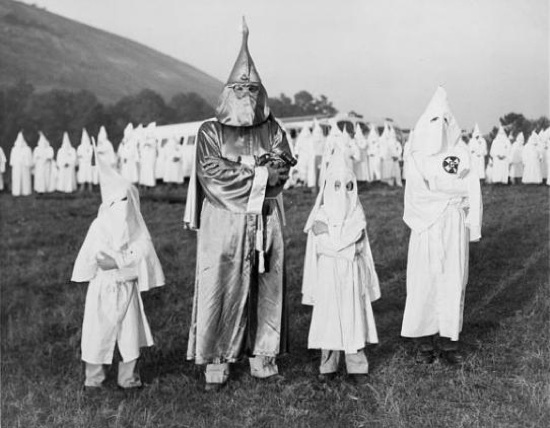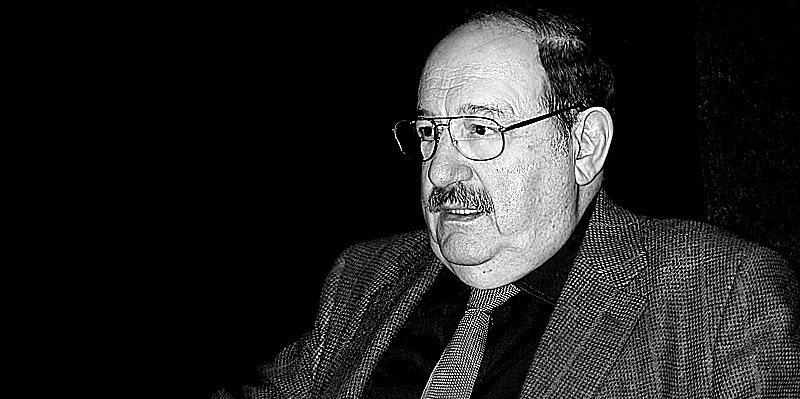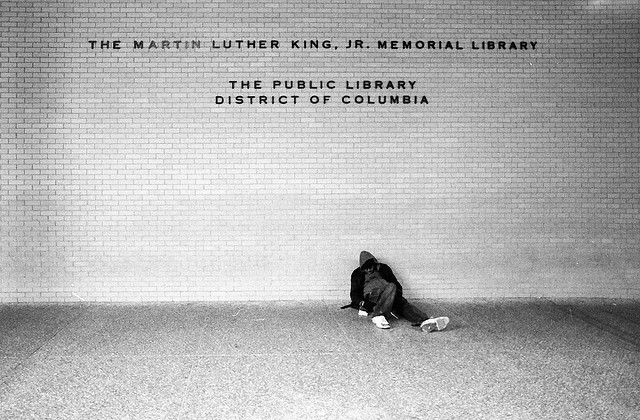Cutting up “The Birth of a Nation”

S. Brent Plate Cut up D. W. Griffith’s The Birth of a Nation and it bleeds a little. Rearrange the pieces, as Griffith so expertly cut up film sequences, and put them together in new ways. Splice it into histories, the stories of photography, race, literature, the KKK, bodies, film technique, and it comes out looking different. But it’s gonna bleed. The following articles, are such cuts, such incisive interventions.
Birth of the Klan’s Nation

Kelly J. Baker At midnight on November 25, 1915, seventeen men climbed to the top of Stone Mountain in Georgia with a large wooden cross. On that Thanksgiving night, they lit the cross on fire and pledged allegiance to the U.S. Constitution, American ideals, and “the tenets of the Christian religion. Read More…
From Bodily Resurrection to Spiritual Machines: Being Human in the Age of Intelligent Machines, Part 2

Sylvester Johnson In a letter to new converts in Corinth, the provincial capital of Achaia, the messianic Jewish preacher Paul of Tarsus affirmed for his followers that they were assured a respectable existence in the afterlife. As an astute Platonist, Paul appreciated the ‘common sense’ that dictated material entities—the human body, in this case—could not participate in eternal economies of the spiritual plane.
The Wisdom of Umberto Eco

Ed Simon If the loss of Eco is both a loss of a genuine public intellectual who saw no shame in celebrating complexities, then it is also the loss of a scholar who transcended the boring culture war debates that bifurcate all experience into the religious and the secular. He understood the undeniably sacred nature of the written word, where all interpretation must in some sense be exegetical.
Doomsday Politics

Kelly J. Baker In 2008, some conservative evangelicals declared on email, websites and forums that the future president, Barack Obama, was not a Muslim in hiding, but decidedly more dangerous. They compared Obama to the charismatic Anti-Christ of the of the Left Behind series, Nicolae Carpathia.
Sacred Matters of Coen

Elijah Siegler For years the debate was whether the Coens had any serious background or interest in religion at all. Certainly it was there in their movies—but was religion just one more element in their ironic postmodern mix of genre, American folklore, and popular culture? Religiously minded viewers could have been reading too much into it.
Religion Around Michael Bolton: A Modest Proposal

Mark Hulsether To the Editors of the Religion Around Series: It has come to my attention that your press has initiated a series of short books about how religious or quasi-religious themes relate “around” creative artists. But it seems that, in practice, most such “prominence” could be translated into an idiom of highbrow tastemakers valorizing artists who enjoy universal acclaim—or even a language of reproducing elite hegemonic cultural capital. Herewith, I submit a modest proposal for a book more attuned to making the series pluralistic and representative of the everyday lived tastes of subaltern listeners: the manifold religious dimensions of Michael Bolton.
What Star Wars Taught Me About the Bible

Jonathan Homrighausen Apocalyptic has always been one of my least favorite biblical genres. First, it can make for very tedious reading, with its densely symbolic accounts of battles and political turmoil. And second, I’ve always struggled with the black-and-white moral dimension of it. To me the world just doesn’t work like that. . . . But then I saw Star Wars: The Force Awakens, and, oddly enough, it helped me understand the Bible better.
Reclaiming The Radical Socialist, Martin Luther King Jr.

Louis A. Ruprecht, Jr. “This book unearths a radical King that we can no longer sanitize.” The King West portrays here was “anti-imperial, anti-colonial, anti-racist, and [a] democratic socialist,” but he was also courageous in every sense of that term, even and especially in the face of death. “Could it be,” West asks, “that we know so little of the radical King because such courage defies our market-driven world?”
On Nostalgia, Myth, and Star Wars: The Force Awakens

Ben Brazil To a significant extent, the conversation about Star Wars hinges on the same question: don’t we want something new? Put another way, differing opinions about The Force Awakens tend to hinge on how the reviewer judges the film’s balance of nostalgia and newness, of (cultural) history and change.
